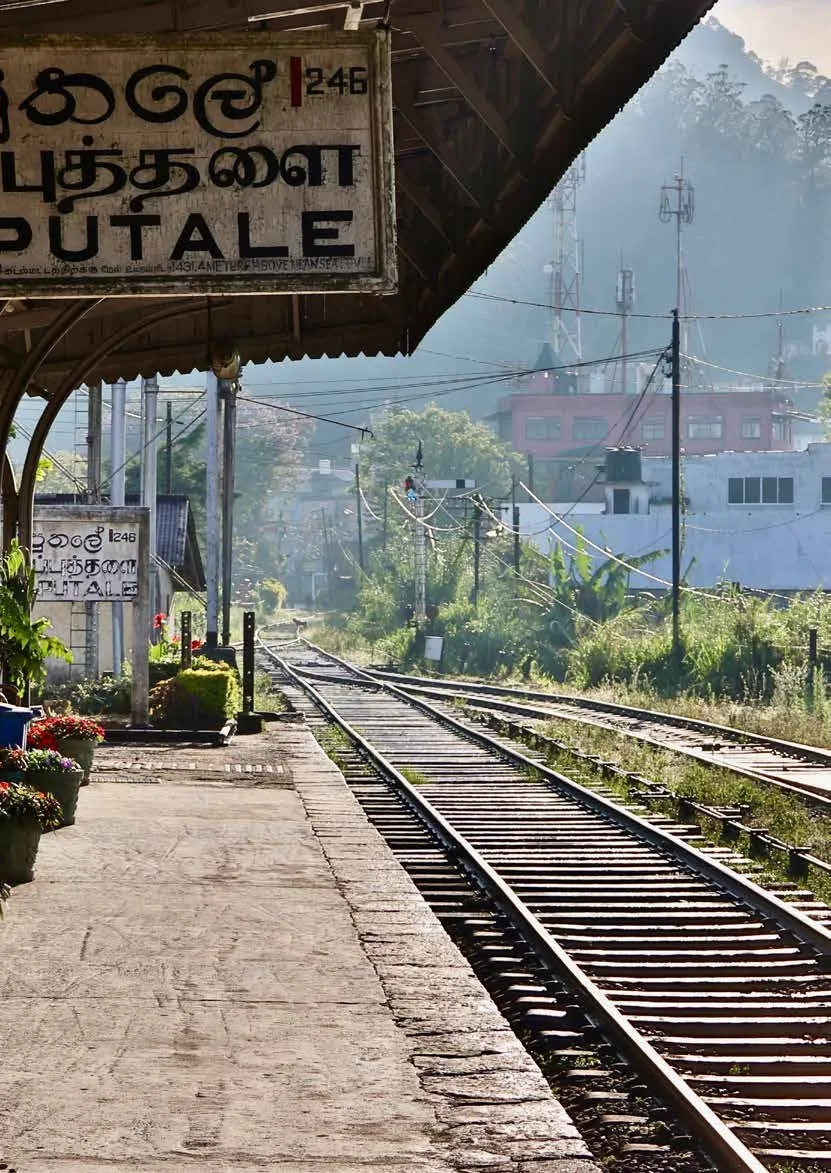
Freedom from Division
Olena Arotsker, S10, shares her powerful story and experience of the humanity we all possess, even in times of conflict.
Olena Arotsker
Senior 10
My name is Olena, and I am from Ukraine. Since fleeing my home country on the 1st of March 2022 due to the war, I have become a refugee in the United Kingdom. One recent experience in particular has made me reflect deeply on the nature of division and the power of shared humanity.
I recently attended a screening of an old Russian film, one that was made during the Soviet era. My parents and grandparents had watched it at its premiere years ago, and I was curious to see it for myself. However, I felt apprehensive, knowing that the audience be largely Russian. The fear of encountering hostility weighed on me, and I feared that, at any moment, my family and I might face a hostile comment related to our Ukrainian identity, especially concerning our president, culture, or the international aid Ukraine has received during the war. As the movie started, I found myself waiting for the inevitable moment when someone would say something derogatory about Ukraine. But as the film unfolded, I realized something surprising. Instead of hostility, I saw shared emotions and reactions from the audience. The people around me—the majority Russians—were just as focused on the film as I was. The hostility I had anticipated didn’t seem to exist at all.
This realization forced me to question my initial assumptions about division. What I feared didn’t happen, and the people in the cinema were not so different from myself, sharing a common interest in the film, life itself and the beauty within it. This experience made me reflect on how the war has artificially divided us. While political actions and national borders may force conflict, they cannot erase our shared humanity. This moment reminded me of the ole that propaganda plays in fuelling division. Within Russia, a significant number of people continue to support the government’s actions despite the clear offensive that Russia has taken since 2014. This support is largely driven by the powerful propaganda machine that distorts the truth and justifies violence.
During a summer French language camp in Switzerland, I had an unsettling encounter that really proved this idea to me. On International Day, everyone was asked to wear clothes representing their home country’s flag or national colours, and as I observed my classmates, one young Russian girl caught my attention. She was wearing a top that said “Team Putin”. I was shocked – she was no older than I was, and it was strange to see such a political statement from such a young person. But I realised that this girl’s beliefs would have been shaped by her parents’ influence. My own parents explained that the girl probably had little understanding of what her shirt symbolised, and instead she was simply repeating the political beliefs she had been exposed to at home. It was a clear example of how easily propaganda and external influences can shape the opinion of a young person.
The power of propaganda to shape opinions and beliefs is deeply troubling, especially when it leads to support of Putin’s actions, which have caused widespread devastation and the deaths of thousands of innocent civilians. A child growing up as a Putin supporter makes me horrified of the fact that there are more people that agree with the decisions of a murderer and a dictator. As the war continues, I believe it is crucial for the global community to confront the brutality of this conflict and understand what is humane and what is not. The war has inflicted unimaginable pain, not only on the people of Ukraine but also on the Russian population, many of whom are manipulated by false narratives.
My family, like many others, was forced to emigrate due to the war. The life my parents had built from scratch was shattered the moment Russian troops invaded our country. The trauma of leaving behind everything we knew is something we will carry with us forever. Yet, my experience at the cinema and in the Swiss language camp has helped me see that, despite the war, we all share a common desire for peace and a life free from fear and division. As a refugee, I carry the pain of losing my home and witnessing the destruction of my country. But my experiences also tell a deeper story: that division is often a product of war and political manipulation, not of human nature. While the conflict has caused immense suffering, it is important to remember that we all want the same things—peace, security, and the opportunity to live without fear. It is this shared humanity that will ultimately lead us toward healing and peace.